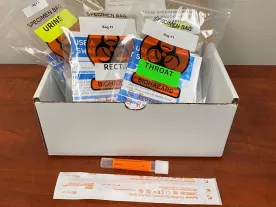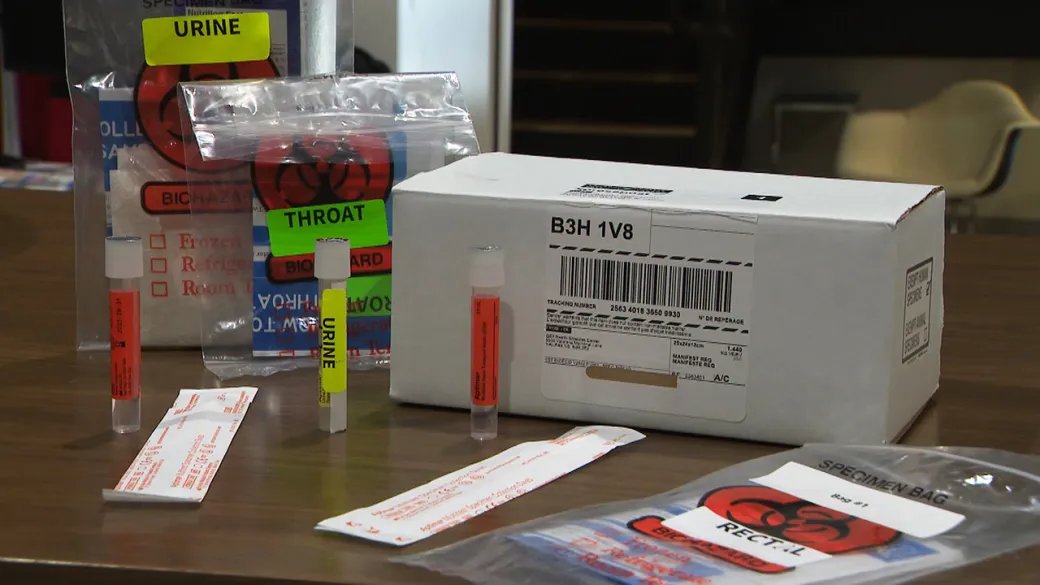November 16, 2024

A Dalhousie University pilot project aimed at making sexually transmitted infection (STI) testing more accessible has reached about 50 patients since its launch in August.

It’s also yielded a higher-than-expected positivity rate.
“We have found with the study that we do have a high positivity rate so far,” said Dr. Kyle Wilby, the co-principal investigator with the Swab-Rx research study.
“Many of our positive patients who tested positive in this study actually didn’t have symptoms. And so we’re able to find those infections, treat them, and then we can reduce the transmission of those infections to other people in the community.”
There are a few more months to go in the study, and researchers are encouraging people to get tested.
“There’s a really large gap in sexual health screening and treatment in Nova Scotia. And that’s not because our services are run poorly. It’s just there’s so much demand for the services,” Wilby said.
Chlamydia and gonorrhea are the most common STIs in Canada and the majority of cases don’t show symptoms.
Swab-Rx is focused on identifying those asymptomatic cases and treating them over the counter at select pharmacies. Researchers hope to determine how people feel about receiving self-tests and treatment from pharmacists.
Four locations across Halifax Regional Municipality have self-testing kits available for anyone who wants to take part.
“The patient self swabs. We just send the swab off to the lab and interpret lab results,” explained Shannon Jardine, the project’s managing pharmacist.
“Also we’re drug specialists, so we’re able to ensure that they’re getting the right treatment for the right thing and doing it in a timely matter.”
Back in August, the province launched at-home test kits that are mailed out upon request. If approved, pharmacy treatments would increase options for patients across Nova Scotia, while alleviating pressure on the health-care system.

But the study is as much a pilot project in accessibility, as it is in patient comfort.
“Each study participant is requested to fill out some forms, an intake form and an outtake form on their experience,” Jardine said.
“A lot of those questions are based around, ‘Do you feel comfortable? Do you think this is an environment you feel safe in?'”